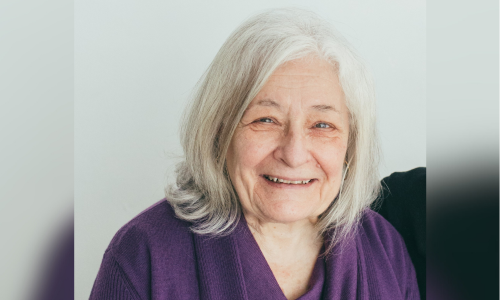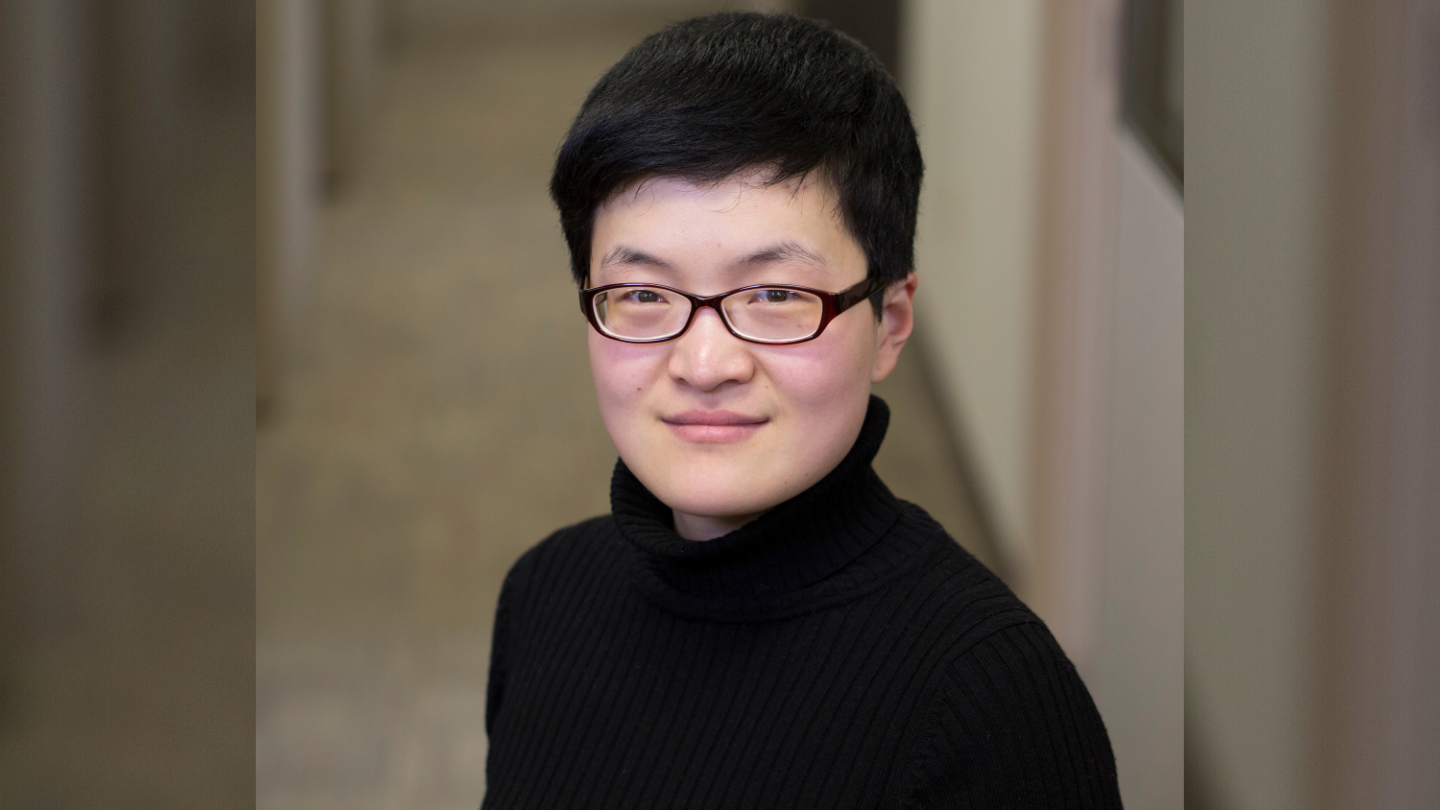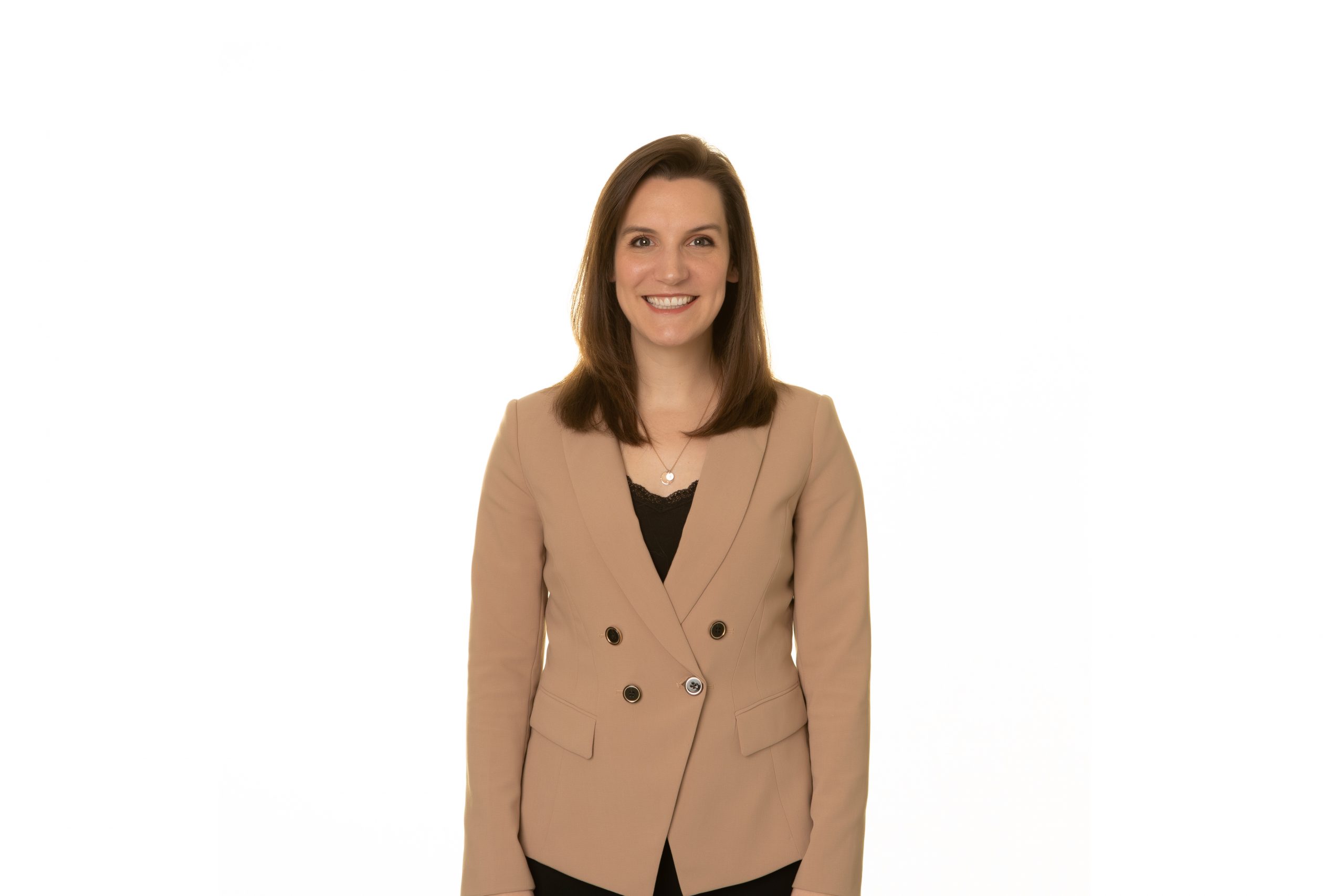Associate Professor Geraldine Voros awarded 2024 Faculty of Social Sciences Excellence in Teaching Award

Geraldine Voros, Associate Professor in the department of Health, Aging & Society received the 2024 Faculty of Social Sciences Excellence in Teaching Award.
We chatted with Geraldine about her work, her approach to working with students, and what the award means to her.
What do you think are some of the best ways to engage students?
I have always believed that the “powers that be” have given each one of us a gift. In a perfect world, each person would be able to define that gift, nurture it, share it and enrich society with it. However, given our less-than-perfect environment it is incumbent upon us to exercise social capital or as others define it, community caring, and encourage each other to become all we can be. The university experience is a particularly personal journey where each and every student is attempting to realize that gift in partnership with facilitators/professors and peers along the academic pathway. We learn best from and with others.
To this end, they say, “to teach is to touch a life forever.” So how might we maximize the outcome of the time spent with students, so they further define, nurture and share their academic passion. It has always been my stance to view this challenge at the university level through the inclusive and objective lens of the Standpoint Theory. Simply stated, this means meeting the student where they are at and with critical consciousness create a learning environment that contextualizes their academic efforts in the most significant way possible. Understanding that individuals have developed different perspectives of reality and different narratives about their reality, it is important to look and see and listen and hear where they are coming from if we are to work together to understand exactly where they are, so that we can facilitate their movement forward toward certain outcomes personally and curriculum wise. This has meant that as an instructor, one has to remain open-minded, trustworthy, flexible, innovative and willing to take risks. Over my career, I have entertained the opportunities to pioneer new avenues of teaching and learning. Be it social impact bonds, new technologies, PBL, experiential education placements, brain teasers, or exercises in self-belief and resilience, all lend to the ultimate goal of students reaching their maximum potential.
How would you like your students to remember you?
You are never sure what students think of your teaching efforts until course evaluations give you a glimpse. However, I can tell you with humility that having been nominated for this award, the students summarized what was achieved that was important to them. They appreciated the “time and investment”, the inclusiveness and welcoming, comfortable environment,” “the strong academic and emotional presence”, “the genuine passion in preparing students to succeed at McMaster and even after graduation”, and feeling they are “equipped to take on the world after graduation”. Students tend to remember less the material they learnt in class and more how they were treated and facilitated on their journey.
What does this award mean to you?
I very much appreciate this award. It is so meaningful to know that I have managed to stay relevant to new generations of scholars over four decades of teaching. More importantly, it means that students were heard, helped and supportively hugged so I fulfilled my purpose of being a stepping stone for them to move toward their passion and desires. All I ask is that they pay the same respect forward to others now and in the future.
What’s a project you’re working on that’s inspiring you?
At present, as a teaching professor my plate is quite full. However, in tandem, I am presently adapting my course on Canadian Children to be taught the spring of 2025 online within the six-week period. As well, I am working on the topic of major positive and negative influences in young peoples’ lives as well as the concepts of resilience and “being enough” rather than “not enough” as it relates to self-esteem.
Departmental NewsRelated News
News Listing

Social Work PhD Student Stephanie Milliken awarded the Order of Hamilton
Awards, Departmental News
19 hours ago

Welcome Zhifan Luo, Assistant Professor for the Department of Sociology
Departmental News
January 9, 2025

